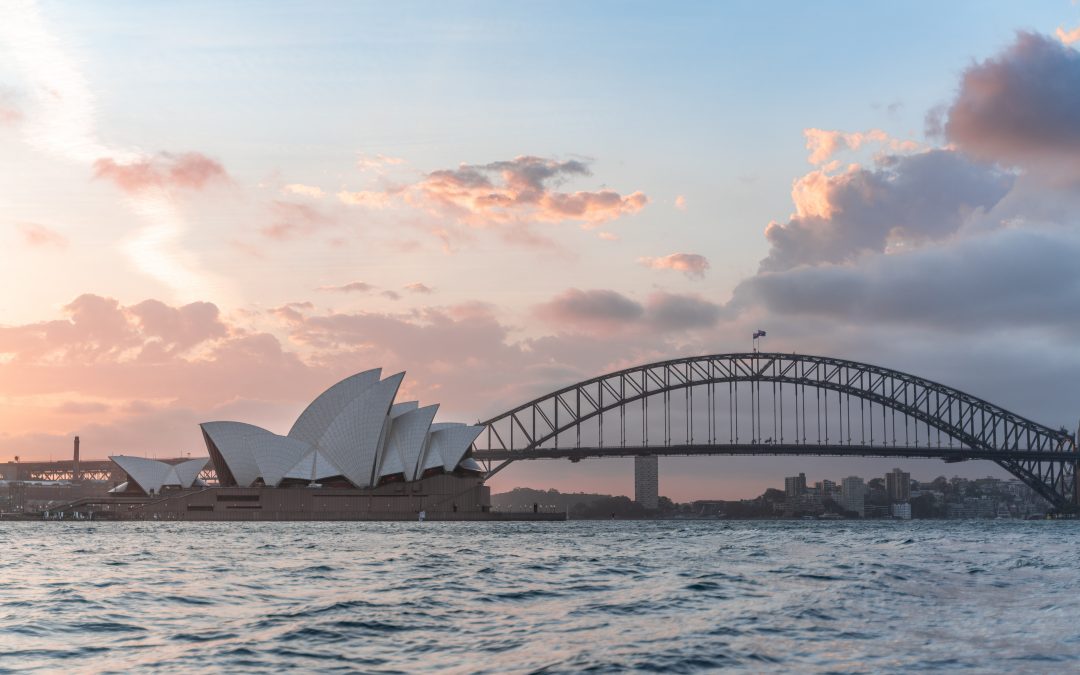Streaming giants — such as Netflix, Disney and Amazon Prime — will be required to invest in making local Australian content under new rules set to be imposed on the industry.
Key points:
- Major streaming services will be required to invest revenue into producing local content from mid-2024
- The film and TV sector has previously argued for 20 per cent of revenue to be put into local productions
- While streaming services already produce Australian content, the Arts Minister says it should be a requirement
From mid-2024, the federal government will require the major streaming platforms to put some of their revenue back into Australian content.
Details of the new policy are still to be negotiated with both the platforms and the Australian film and television sector, but the sector has previously argued for 20 per cent of revenue.
These rules would also bring the streaming sector into line with free-to-air networks, which are already subject to local content quotas.
The streaming sector is already a significant producer of Australian screen content, spending more than $330 million on the local industry in 2021-22.
Arts Minister Tony Burke said while he appreciates the platforms are already voluntarily producing content, it should be a requirement.
“There is no requirement that [Australian content] be there at all, and the percentages of what we’re seeing with Australian content are way down on what traditionally was expected on free to air,” he said.
“The days of there being no guarantee of Australian content on streaming services have to come to an end.”
The government wants to have the policy details ironed out by the middle of this year, before introducing legislation later in the year, and the policy in place by July 2024.
‘Really transformative’: Arts community jubilant
The Australian screen industry has been lobbying the federal government for a decade to place content rules on the streaming sector, and has warmly welcomed news the change is coming.
It’s already begun pushing to see its preferred model of 20 per cent of streamers’ revenue directed back into the local industry made law.
Matthew Deaner from Screen Producers Australia said it is a reasonable request, given the enormous growth in the streaming sector.
And he said the streamers will still draw customers in, and earn revenue from, the content that is produced under the rules.
“It’s not a big ask of a business that is mostly creating content in other markets and earning billions of dollars in our market to contribute a portion of that earning back into creating content that’s localised, and is still its own investment for itself,” he said.
Well-known Australian screen identities like Marta Dusseldrop, Bryan Brown, Sigrid Thornton, Simon Baker and Rodger Corser have all lent their profile to the industry’s campaign in recent years.
David Wenham has voiced his support for the change, arguing it is a matter of fairness.
“Streaming services are benefiting from being able to show their products in this country,” he said.
“I think it would be only fair if they contributed a little bit, 20 per cent, into local production.”
Mr Deaner said the policy is arguably the most significant change for the Australian industry that most will see in their lifetime.
“It gives us certainty and stability for all the businesses created to create content in Australia, and for all the workforce that are already in our industry,” he said.
“But it also will do something quite transformative in terms of increasing the number of jobs and productions available for both Australians and international audiences.”
However, the Coalition’s communications spokesperson, Paul Fletcher, questioned whether the government is pursuing the right approach, and if there may be unintended consequences.
“Is there any risk that existing SVODs will withdraw from the Australian market rather than face this regulatory impost?” he said.
“Why does it makes sense to have three different sets of Australian content rules, one for free to air TV, one for pay TV [Foxtel] and a third for streaming services?”.
$286 million overhaul to arts, entertainment and culture
Mr Burke has also announced the federal government would establish a new body called Creative Australia to become the government’s key arts investment and advisory body, and restore cuts made under the Coalition in 2014.
The body will fund projects based on artistic merit and “at arm’s length” from government, with a priority on First Nations arts and culture.
As part of the overhaul, the government has committed to introducing legislation to protect First Nations knowledge and culture, including dealing with fake art products.
Courtesy of ABC news view original story


Recent Comments